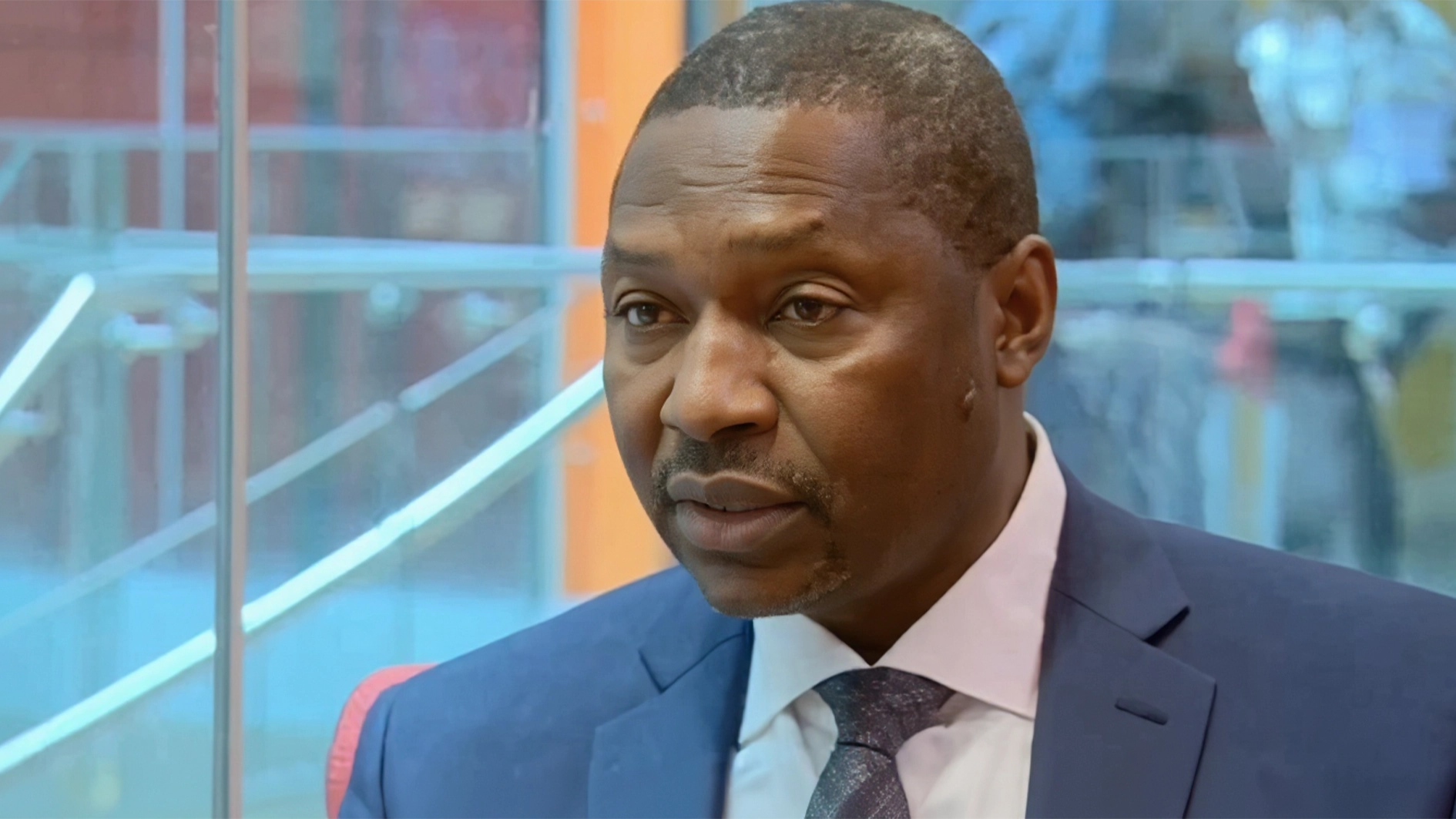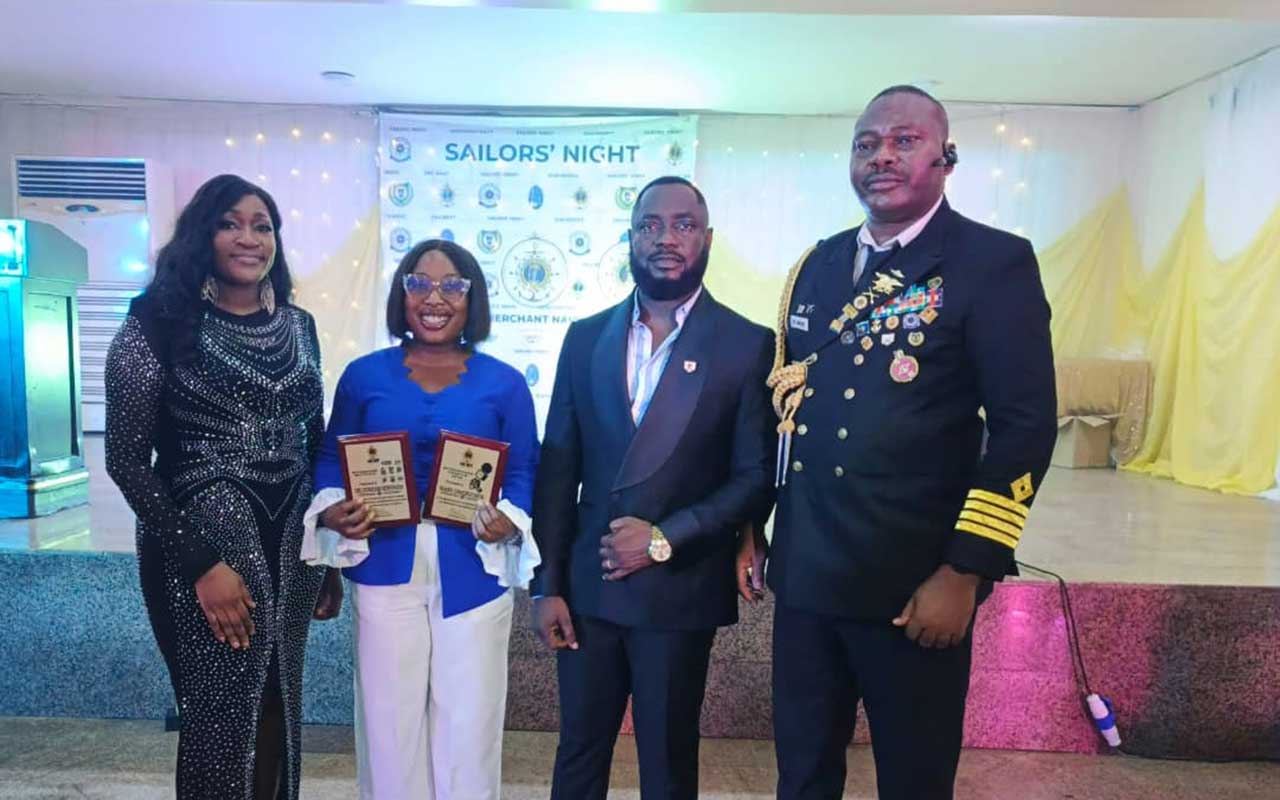
The 36 states of the federation and the Federal Capital Territory (FCT), Abuja, have so far invested the sum of $834,597,246.25 in the Nigeria Community Action for Resilience and Economic Stimulus (NG-CARES) programme.
The programme, initiated in 2021, has positively impacted the lives and livelihoods of over 15 million poor and vulnerable Nigerians.
The Permanent Secretary, Ministry of Budget and Economic Planning, Dr Emeka Vitalis Obi, disclosed these figures over the weekend at the opening of a two-day stakeholder consultative meeting on the design of NG-CARES Programme 2.0 held in Abuja.
The programme, formerly known as the COVID-19 Action Recovery and Economic Stimulus Programme, is a $750 million World Bank-assisted initiative designed to expand access to livelihood support, food security services, and grants for poor and vulnerable households and firms to mitigate the effects of COVID-19.
Dr. Obi said the commitment by the states and the FCT exceeds the $645,742,514.60 actual reimbursement by about 30%. He described this as a testament to the dedication of sub-national governments to institutionalise NG-CARES and social protection in the country.
While stressing the significance of the meeting, Dr Obi stated, “As you may be aware, the NG-CARES programme has been extended by the Federal Government and approved by the World Bank to close on 31st May 2025. This is to give ample time to all stakeholders involved to conclude work on the design of the second phase of NG-CARES.”
He noted the programme as a bold initiative aimed at mitigating shocks that impoverish poor and vulnerable citizens, describing it as a tripartite collaboration between the Federal and State Governments and the World Bank.
“NG-CARES is aimed at delivering targeted interventions in social protection, basic services, food security, and livelihood support to poor Nigerians. Therefore, let me admonish you to focus your discussions on practical and actionable recommendations that would make NG-CARES 2.0 more impactful and sustainable,” Dr. Obi urged.
The Federal Government’s expectation, he said, is to build a robust, shock-responsive system that addresses poverty, marginalisation, and economic inclusion for poor and vulnerable segments of society.
Earlier, the Chairman of the Federal CARES Technical Committee, Mrs Elizabeth Egharebva, thanked the Permanent Secretary for his support and expressed satisfaction with the programme’s performance.
She noted, “The 4th round of the Independent Verification Agent (IVA) assessment has once again demonstrated the programme’s capacity to deliver results. The assessment reaffirmed the significant impact of the NG-CARES Programme in mitigating economic hardships faced by poor and vulnerable Nigerians during periods of crisis and various shocks.”
Mrs Egharebva acknowledged the commitment of state governments, which she credited as instrumental to the programme’s achievements.
“These successes are not just numbers on a report but represent meaningful, real-life transformations in the lives of countless Nigerians,” she added.
NG-CARES is anchored on three result areas: increasing social transfers, basic services, and livelihood support to poor households; enhancing food security and the safe functioning of food supply chains; and improving the capabilities of micro and small enterprises (MSEs).
The programme operates based on the World Bank’s financing instrument of Performance for Results (PforR), where states only receive funding after verification by an Independent Verification Agent (IVA), which occurs every six months. Following verification, a “No Objection” (NOB) is obtained from the World Bank, and the Federal CARES Support Unit (FCSU) reimburses states and the FCT for funds spent on verified projects.






